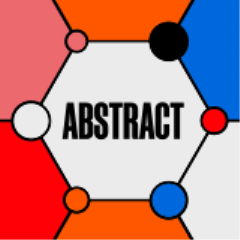ABSTRACT breaks down mind-bending scientific research, future tech, new discoveries, and major breakthroughs.
Advertisement
Advertisement
Advertisement
“If you think things should be time-symmetric, there's an argument to be made that you need some retrocausality to make sense of quantum mechanics in a time-symmetric way,” said Emily Adlam, a postdoctoral associate at Western University’s Rotman Institute of Philosophy who studies retrocausality, in a call with Motherboard. “There’s a bunch of different reasons that have come together to make people interested in this possibility.”To better understand retrocausality, it’s worth revisiting a common thought experiment featuring characters called Alice and Bob, who each receive a particle from the same source, even though they may be light years apart. After conducting measurements on their particles, Alice and Bob discover that these objects are oddly correlated despite the vast distance between them. Traditionally, this story—which stems from famous experiments made by physicist John Bell—is interpreted to mean that there are non-local quantum effects that cause the particles to be linked across great distances. However, proponents of retrocausality suggest that the particles display correlations that emerge from their past. In other words, the measurements that Alice and Bob conduct on their particles affect the properties of those particles in the past.“In any model where you had an event in the past correlated with your future choice of setting, that would be retrocausal”
Advertisement
Advertisement
While there are a range of views about the mechanics and consequences of retrocausal theories, a growing community of researchers think this concept has the potential to answer fundamental questions about the universe.“I'm heartened that more and more physicists are taking this seriously as an unexplored option”
Advertisement
Advertisement

